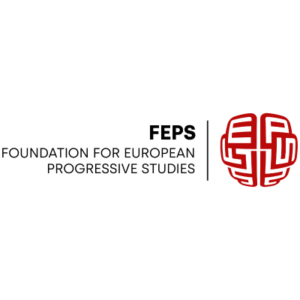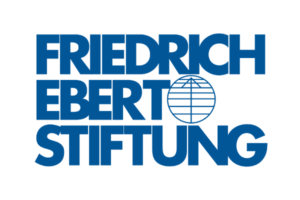Paths to Enlargement: A democratic and capable European Union in a changing geopolitical landscape
22 June | 11:30 – 12:45 (CEST) | Main Stage
About the Session
It has been twenty years since the EU's ``big bang enlargement`` with ten countries joining the bloc. Romania and Bulgaria joined in 2007, followed by Croatia in 2013. While the EU has seen economic success, newer member states like Hungary, Poland, and Slovenia have shown democratic backsliding, threatening the rule of law. This erosion exposed the EU's political vulnerabilities and weaknesses in its institutional setup, particularly in decision-making processes requiring unanimity. The recent rule of law crisis questions the EU’s governance capacity and its ability to respond to threats under the current system. The planned enlargement makes these issues urgent, affecting areas like security and neighbourhood relationships. The Hungarian government's obstruction in aiding Ukraine exemplifies this dilemma, especially amid ongoing Russian aggression and the Kremlin’s attempt to expand its sphere of influence in the EU’s direct neighbourhood. This session will discuss lessons from the 2004 enlargement, potential decision-making reforms, and strategies for effectively addressing future rule of law crises.
The Speakers
Minister of State for Europe and Climate at the Federal Foreign Office, Germany
State Counsellor to the Prime Minister of Romania | Associate Professor, University of Bucharest
Dutch Member of the European Parliament, Group of the Progressive Alliance of Socialists and Democrats
Former Secretary of State for European Affairs of Portugal and Professor, University of Lisbon
Former Minister of Foreign Affairs of the Republic of Moldova
Vice-President, Foundation for European Progressive Studies, Belgium
Co-designed with:











